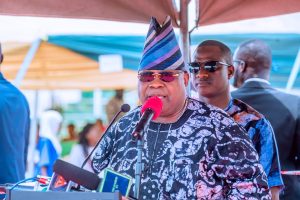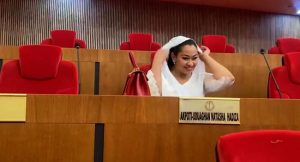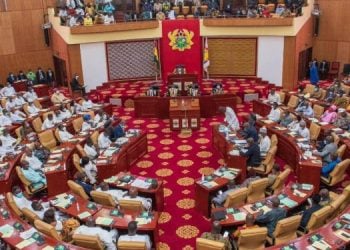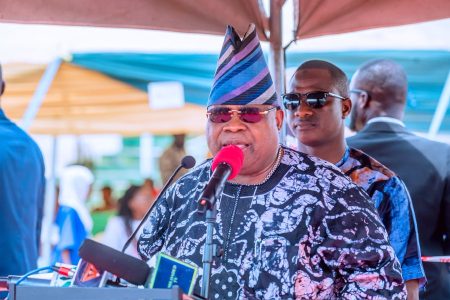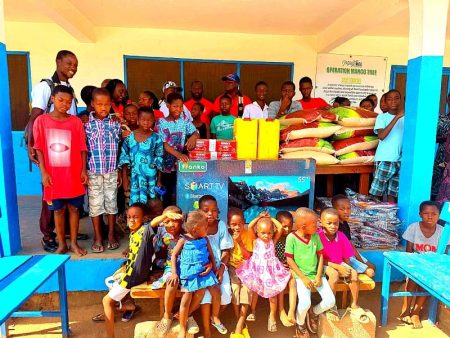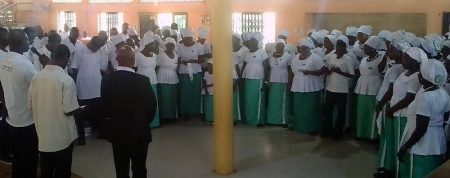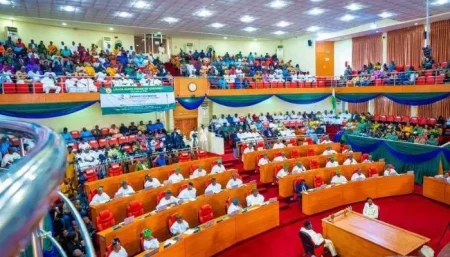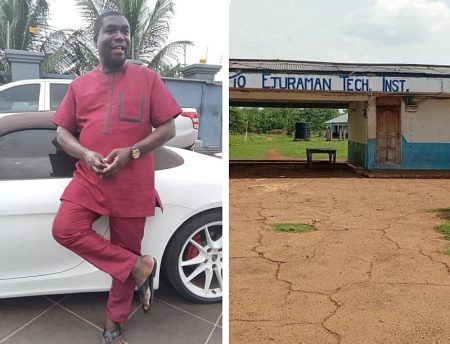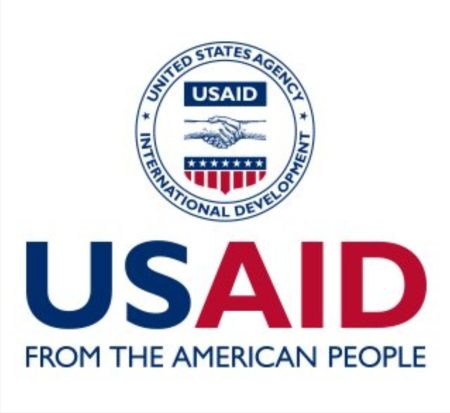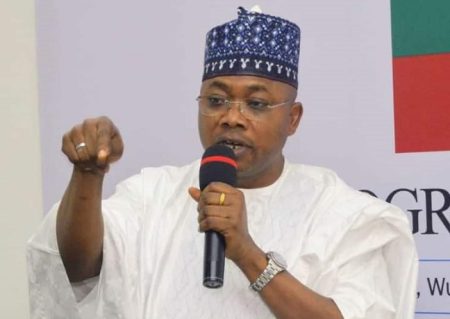The Ghanaian Parliament has approved a significant budget of GHS31 billion for the Ministry of Education for the 2025 fiscal year, signifying the government’s commitment to strengthening the education sector. This substantial allocation will fund a range of initiatives aimed at improving access, quality, and overall welfare within the education system. Key among these initiatives is the plan to waive academic fees for all first-year students enrolling in public tertiary institutions. This bold move aims to widen access to higher education, particularly for students from lower-income backgrounds who might otherwise be deterred by the financial burden of university fees. This measure is anticipated to boost enrollment rates and contribute to national development by empowering a larger segment of the population with higher education qualifications.
Furthermore, the Ministry of Education is set to implement free tertiary education for persons with disabilities. This initiative acknowledges the particular challenges faced by disabled individuals in accessing education and seeks to create a more inclusive and equitable higher education landscape. By removing the financial barrier, the government aims to empower disabled individuals to pursue higher education, develop their skills and talents, and contribute meaningfully to society. The commitment to inclusive education reflects the government’s broader social development agenda.
Recognizing the crucial role of teachers in delivering quality education, the Ministry of Education is also prioritizing teacher welfare. Under the “Teacher Dabrɛ Initiative,” the government plans to commence the construction of 100 accommodation facilities for basic school teachers. This initiative addresses the accommodation challenges often faced by teachers, especially those posted to rural areas. By providing decent and affordable housing, the government aims to attract and retain qualified teachers in underserved communities, ultimately contributing to improved educational outcomes for students in these areas. The “Teacher Dabrɛ Initiative” underscores the government’s recognition of teachers as a vital asset in the education sector.
In addition to the substantial allocation for education, Parliament has approved a GHS4 billion budget for the Ministry of Local Government, Chieftaincy, and Religious Affairs. This allocation will support various programmes and projects under the Ministry’s purview, including the payment of allowances for assembly members and traditional authorities. These allowances are designed to recognize and support the important roles played by these local leaders in governance and community development. The funding also provides for the Ministry’s operational expenses and its efforts to strengthen local governance structures.
The allocation to the Ministry of Local Government, Chieftaincy, and Religious Affairs also includes plans for the establishment of a National Prayer Day. This initiative reflects the government’s recognition of the importance of faith and spirituality in national life. The National Prayer Day will provide an opportunity for citizens to come together in prayer for the nation’s well-being and progress. While the specifics of the National Prayer Day are yet to be finalized, it is expected to become an annual event on the national calendar.
During the parliamentary deliberations on the budget allocations, Governs Agbodza, the Minister for Roads and Highways and Member of Parliament for Adaklu, addressed concerns regarding the remuneration of assembly members. He clarified that the assembly members’ remuneration will be integrated into the Common Fund formula, which was currently under review. This clarification sought to reassure assembly members that their compensation would be addressed systematically and sustainably through the established Common Fund mechanism. The integration of assembly members’ remuneration into the Common Fund formula is expected to provide a more predictable and reliable source of funding for their allowances.


